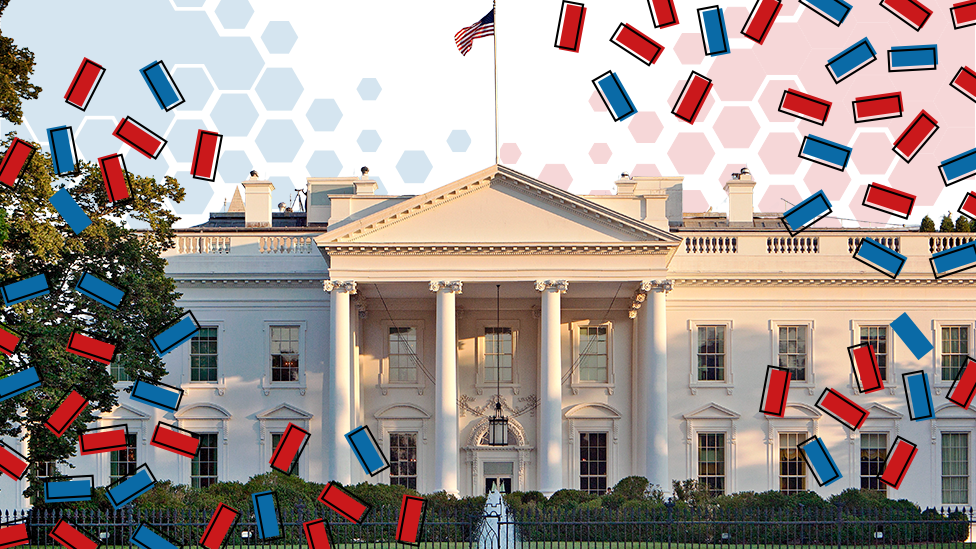As the final chapters of Joe Biden’s presidency unfold, the nation’s attention shifts towards the horizon of the next election in 2024. A cadre of candidates, both familiar and new, are diligently laying the groundwork for what promises to be a pivotal moment in American democracy. Within this diverse field, the clash of ideas, ideologies, and personalities will shape the narrative of the upcoming race.
From the Republican Party, 9 candidates are running, with the most notable being Donald J. Trump. The rest of the field comprises individuals with diverse backgrounds, including governors or former governors of states, senators, and businessmen, each bringing their unique perspectives and policy priorities to the forefront. On the Democratic side, there are 4 candidates, headlined by the incumbent President Joe Biden. The other three candidates contribute to the party’s diversity, representing different backgrounds and ideologies. Additionally, there are a few independent candidates, although historical trends suggest that the main focus will be on the candidates from the two major parties, particularly the anticipated rematch between Donald Trump and Joe Biden.
During his term as the 45th President of the United States, Donald Trump was known for his unconventional approach to governance. His administration implemented significant tax reforms, reshaped trade policies, and nominated three Supreme Court Justices. Trump’s “America First” agenda sought to prioritize domestic interests in international relations. His tenure was marked by a strong focus on deregulation and a commitment to strengthening the economy, evidenced by historically low unemployment rates before the onset of the COVID-19 pandemic. However, his leadership style and controversial rhetoric polarized the nation, and his handling of issues such as immigration and the response to the pandemic drew both support and criticism.
In contrast, Joe Biden, the 46th President of the United States, entered office during a time of profound challenges, including the ongoing global health crisis. His administration prioritized COVID-19 mitigation efforts, vaccine distribution, and economic recovery. Biden also focused on rejoining international agreements, emphasizing climate change action, and addressing racial and social justice issues. The passage of the American Rescue Plan Act marked a significant legislative achievement, providing economic relief to individuals and businesses affected by the pandemic. However, his administration faced challenges, including managing the U.S. withdrawal from Afghanistan and navigating a closely divided Congress.
As the 2024 election approaches, the legacies of Trump and Biden will undoubtedly influence the narratives of their respective campaigns. Their records in office will be scrutinized, and voters will evaluate how well each candidate’s vision aligns with their expectations for the future of the United States. The debates and discussions surrounding the accomplishments and controversies of Trump and Biden will play a crucial role in shaping the electoral landscape leading up to the next presidential election.

